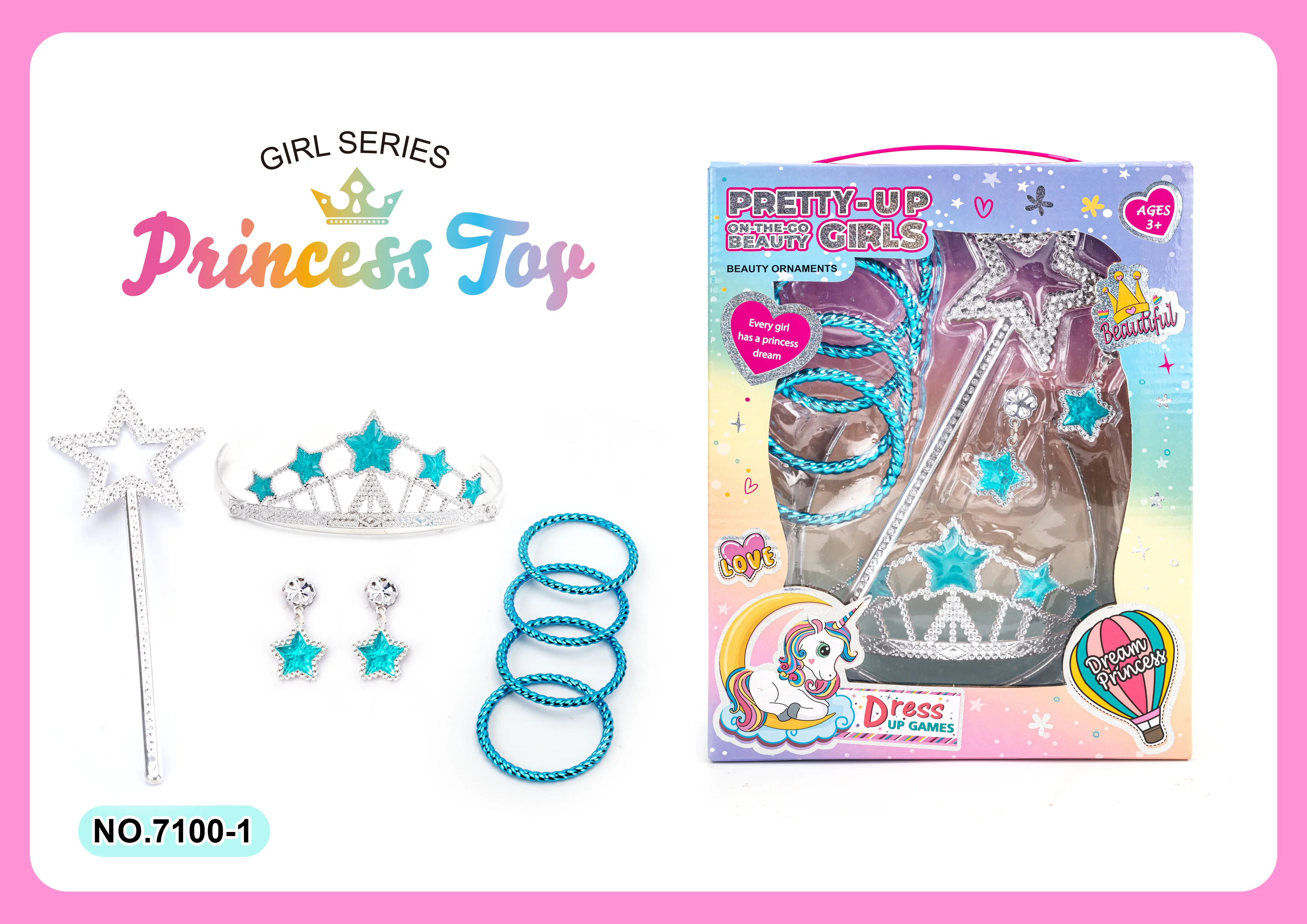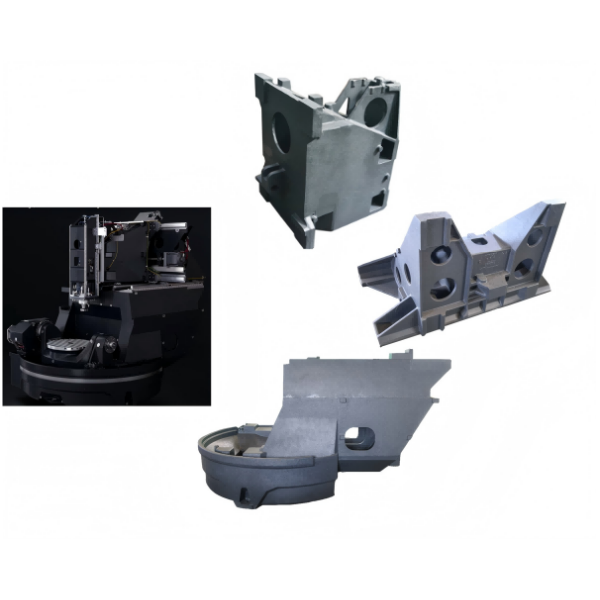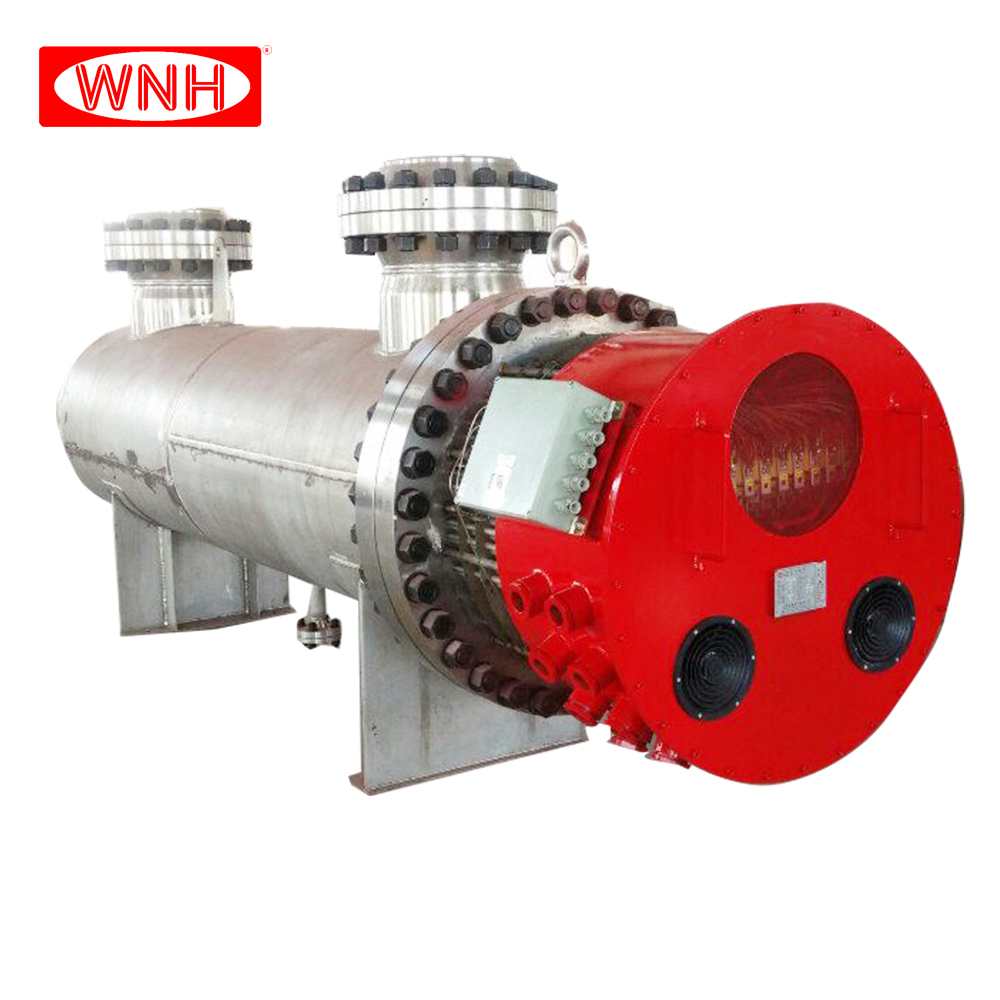In an age dominated by digital photography, the allure of film cameras remains strong, drawing both nostalgic enthusiasts and curious newcomers alike. If you're venturing into the world of analog photography, selecting the right beginner film camera is crucial for a fulfilling experience. This guide will explore the essential features, types of cameras, and practical tips to help you make an informed decision.
Understanding Film Cameras
Before diving into specific models, it's important to understand the fundamental differences between film and digital cameras. Film cameras capture images on light-sensitive film, which must be developed in a darkroom or through a lab service. This process not only adds a layer of anticipation but also encourages photographers to be more deliberate with their shots, as each exposure counts.
Key Features to Consider
When searching for a good beginner film camera, several features should be prioritized:
- Type of Camera: Film cameras come in various formats, including point-and-shoot, rangefinder, and single-lens reflex (SLR) cameras. For beginners, SLRs are often recommended due to their versatility and the ability to change lenses.
- Ease of Use: Look for cameras with intuitive controls. A model with automatic exposure settings can help beginners focus on composition rather than technical settings.
- Lens Compatibility: Consider whether the camera allows for interchangeable lenses. This feature can significantly expand your creative options as you progress in your photography journey.
- Build Quality: A sturdy camera can withstand the rigors of outdoor shooting. Look for models with a solid build that can endure various conditions.
- Price Point: As a beginner, it's wise to start with a camera that fits your budget. Many excellent options are available in the used market, allowing you to find a quality camera without breaking the bank.
Recommended Beginner Film Cameras
Here are some standout options that cater to various preferences and budgets:
- Canon AE-1 Program
The Canon AE-1 Program is a classic choice for beginners. This SLR camera features a user-friendly interface with automatic exposure settings, making it easy to learn the basics of photography. Its compatibility with a wide range of Canon FD lenses allows for creative flexibility as you develop your skills.
- Nikon FM10
The Nikon FM10 is another excellent option for those looking to explore manual photography. This compact SLR camera offers a straightforward design and mechanical operation, which can help beginners understand the fundamentals of exposure and composition. Its lightweight body makes it ideal for travel.
- Pentax K1000
Renowned for its simplicity and durability, the Pentax K1000 is often recommended as a starter camera for photography students. With a fully manual operation, it encourages users to learn about aperture, shutter speed, and ISO settings. Its robust construction ensures it can withstand the test of time.
- Olympus OM-10
The Olympus OM-10 is a compact and lightweight SLR that features an automatic exposure mode, making it accessible for beginners. Its sleek design and excellent optics provide a great introduction to film photography without overwhelming new users with complexity.
- Point-and-Shoot Options
For those who prefer a more straightforward approach, consider point-and-shoot cameras like the Canon Sure Shot series or the Olympus Stylus Epic. These cameras are compact, easy to use, and perfect for capturing spontaneous moments without the need for extensive technical knowledge.
Tips for Getting Started
Once you've chosen your beginner film camera, here are some practical tips to enhance your photography experience:
- Experiment with Different Films: Film comes in various types, including black and white, color negative, and slide film. Experimenting with different films can help you discover your preferred aesthetic.
- Practice Composition: Take the time to learn about composition techniques, such as the rule of thirds, leading lines, and framing. These principles will enhance your photography skills and help you create more compelling images.
- Keep a Photography Journal: Document your experiences, settings, and thoughts about each shot. This practice can help you track your progress and refine your skills over time.
- Join a Community: Engaging with fellow film enthusiasts can provide valuable insights and inspiration. Consider joining local photography clubs or online forums to share your work and learn from others.
Conclusion
Choosing a good beginner film camera is an exciting step into the world of analog photography. By understanding the key features, exploring recommended models, and applying practical tips, you can embark on a rewarding journey that celebrates the art of capturing moments. Remember, photography is not just about the equipment; it's about the stories you tell through your images. Embrace the process, and enjoy every click of the shutter!





